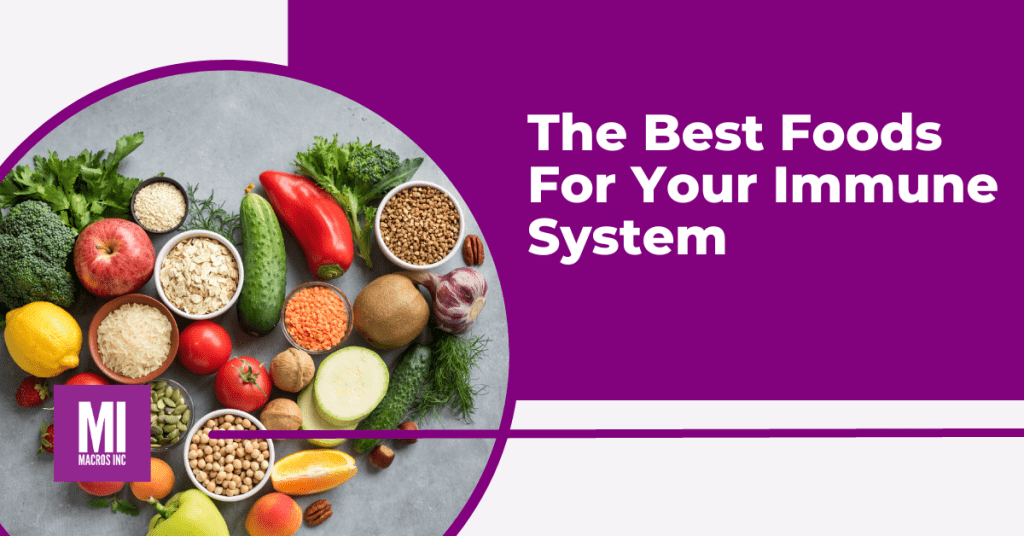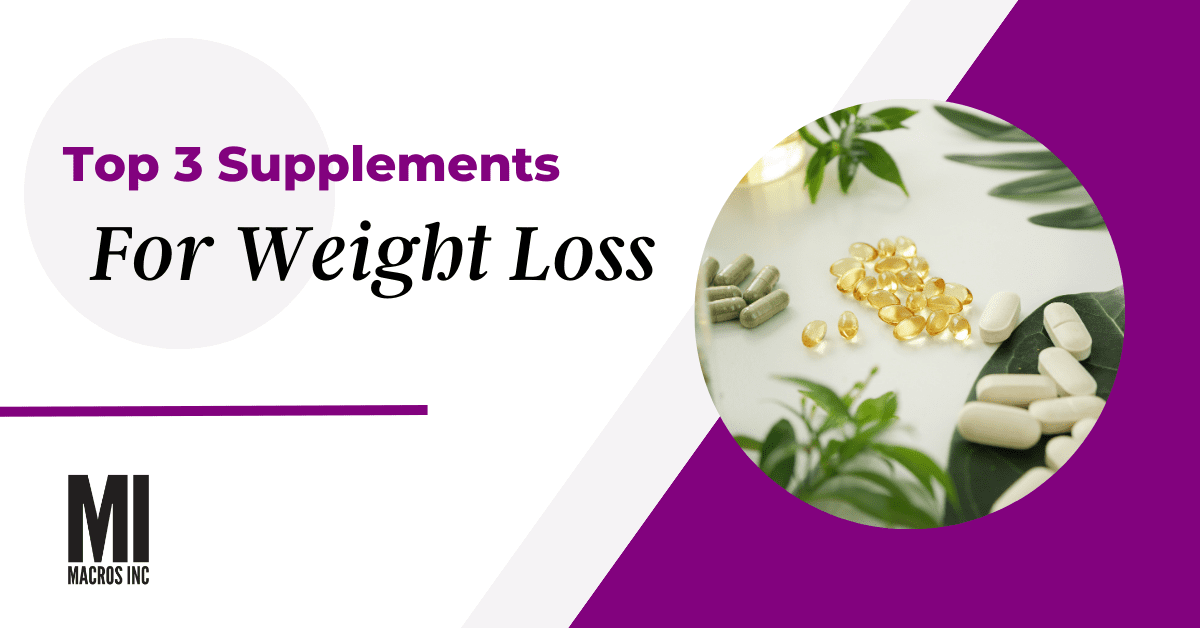If we have learned anything about our health over the last several years it is that our immune system is an incredibly important part of keeping us healthy. Not only does it help us fight off infections and diseases, the status of our immune system can also affect how sick we get if we do end up contracting an infection of illness.
Our diet/nutrition has been shown to have a direct connection to our immune system and we have learned a lot about how our immune system and diet are interconnected as well as what nutrients play a critical role in ensuring our immune systems are functioning properly.
Today, we’ll discuss the connection between diet and immune system and list the best foods to boost your immune system.
Jump to a Topic
The Immune System and Diet Connection
One of the biggest dictators of overall immune health is the energy status of the human body.
Large deviations from being in “energy balance” can make the immune system less effective at fighting off infections. For example, when athletes are in periods of high training loads or have low-calorie intakes and operate at a negative energy deficit, they have lower immune function and have a higher rate of infection and illness.
On the other hand, when people are in states of energy surplus for long periods of time and carry excess body weight and adipose tissue, they also have lower immune function and are more likely to get sick.
In addition to energy balance, there are specific nutrients that the immune system relies on to properly function. Some of these nutrients work directly with immune cells to ensure they function properly (e.g. vitamin D). Other nutrients help the immune system by help to lower overall inflammation and oxidative stress (e.g. fish oil).
What Nutrients Affect the Immune System
Vitamin D is one of the most well known and well understood vitamins with regards to how it can affect our immune system. The most important thing to know about vitamin D and the immune system is that just ensuring you have “normal” levels is enough to see benefits. In fact, people who utilize vitamin D supplements to bring low levels back into normal range decrease their risk of upper respiratory tract infections (e.g. the common cold) by almost 70%.
Zinc directly affects the development and the activity of most of the cells that make up our immune system. Zinc is also one of the few nutritional interventions that people can utilize to help lessen symptoms of the common cold once they find they are “coming down with something”. In fact, a meta-analysis found that supplementation with zinc at onset of the common cold lessened the length of cold symptoms by 20-50%.
Fish oil may help the immune system by helping to lower inflammation. Specifically, fish oil supplementation has been shown to lower markers of inflammation, which may be helpful in overall immune health.
The Best Foods Your Immune System
While consuming a well-rounded diet is the best way to ensure your immune system is getting the nutrients it needs, there are some foods that contain higher concentrations of vitamin D, zinc, and fish oil.
Fish: Unsurprisingly, cold-water fish such as salmon, cod, mackerel, and sardines are great sources of both fish oil and vitamin D. If you are landlocked or live somewhere fish is expensive or hard to find, you can replace fish with a high-quality fish oil supplement that contains vitamin D.
Meat: Meat, specifically beef and dark poultry are high in many minerals, including zinc.
Nuts and seeds: Nuts, such as cashews, and seeds, such as pumpkin seeds are good sources of zinc as well.
Eggs: Eggs, specifically the egg yolks are an often underappreciated source of nutrients including zinc and have a small, but meaningful amount of vitamin D.
Ginger: Ginger has long been used for its medicinal properties. It has anti-inflammatory and antioxidant effects that can help support immune health and reduce inflammation in the body.
Yogurt: Yogurt contains probiotics, or “good” bacteria, which promote a healthy gut microbiome. A strong gut microbiome is essential for a robust immune system.
Almonds: Almonds are packed with vitamin E, a powerful antioxidant that supports immune function. They also provide healthy fats that aid in the absorption of fat-soluble vitamins.
Spinach: Spinach is loaded with vitamins and minerals, including vitamin C, beta-carotene, and folate. It also contains antioxidants and fiber that contribute to overall immune support.
In Summary
In conclusion, a well-nourished immune system is crucial for maintaining optimal health and fighting off infections. While there are no magic foods that can single-handedly boost your immune system, incorporating a variety of nutrient-rich foods into your diet can certainly support its function.
Try our nutrition coaching, for free!
Be the next success story. Over 30,000 have trusted Macros Inc to transform their health.
Simply fill out the form below to start your 14-day risk-free journey. Let's achieve your goals together!


